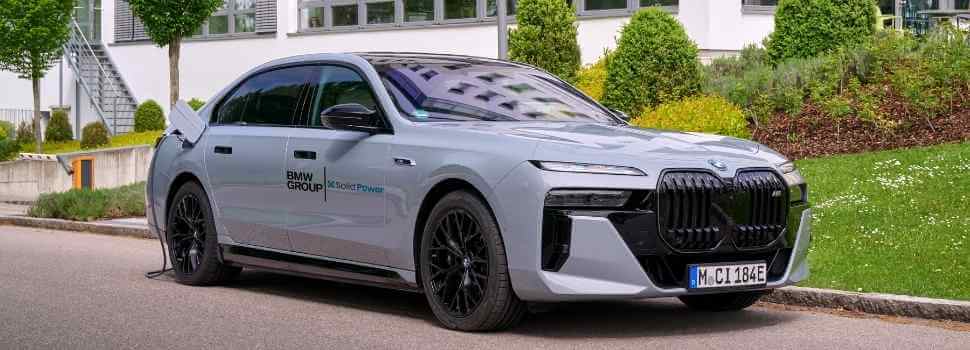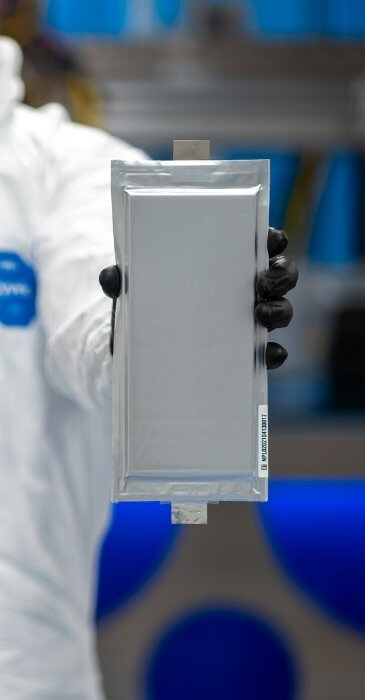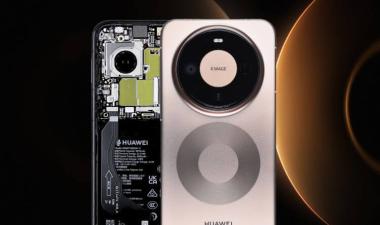BMW i7 Solid-State EV Prototype Hits the Road in Real-World Testing
A Significant Leap Forward in Battery Innovation and EV Development
6 Min Read May 28, 2025
BMW is charging into the future of electric vehicles—literally—with the on-road debut of its i7 prototype powered by solid-state batteries.

Co-developed with U.S.-based Solid Power, the i7’s all-solid-state battery (ASSB) platform promises to reshape the EV landscape with higher energy density, faster charging, enhanced safety, and lower long-term costs compared to today’s lithium-ion solutions.
What Are Solid-State Batteries, and Why Do They Matter?
Unlike conventional EV batteries that use flammable liquid electrolytes, solid-state batteries (SSBs) utilize solid electrolytes, which deliver several advantages:
- Improved thermal stability and fire resistance
- Increased energy density (potentially up to 2x)
- Faster charging capabilities
- Smaller, lighter battery packs
BMW’s solid-state prototype features sulfide-based solid electrolytes from Solid Power, chosen for their high conductivity and compatibility with existing lithium-ion production lines—a key factor in streamlining the path to mass production.
Inside the BMW i7 Solid-State Prototype
The prototype is based on BMW’s Gen 5 EV platform, modified to integrate new prismatic solid-state battery modules. These changes enable the vehicle to support and manage the unique characteristics of solid-state chemistry, including:
- Thermal expansion behavior
- Battery management system (BMS) calibration
- Energy and thermal performance under dynamic driving conditions
BMW is also building its own prototype cells at the Cell Manufacturing Competence Center in Germany—bringing production closer to home and strengthening its control over the development pipeline.

A Global Race to Commercialize Solid-State EVs
BMW is far from alone in this race. BYD recently announced plans to release EVs with solid-state batteries by 2027, while companies like Mercedes-Benz, CATL, and Toyota are also aggressively pursuing the technology.
Still, BMW's ability to get solid-state battery tech into on-road testing in a real EV gives it a competitive edge. It signals readiness not just in lab conditions, but in actual vehicle environments—a critical step before large-scale rollout.
When Will Solid-State EVs Hit the Market?
Commercialization remains a few years away. Experts anticipate solid-state battery EVs to begin limited market deployment around 2027–2028, with broader adoption following as production scales and costs drop.
However, BMW’s progress is a strong validation of solid-state battery readiness and the potential for mass-market disruption.
TechInsights tracks the evolution of EV battery technology across chemistry, fitment, and semiconductor integration.
Access the TechInsights EV Systems and Semiconductor Database for forecasts, design wins, and teardown insights.
Already have a subscription? Sign in to get the latest analysis.









